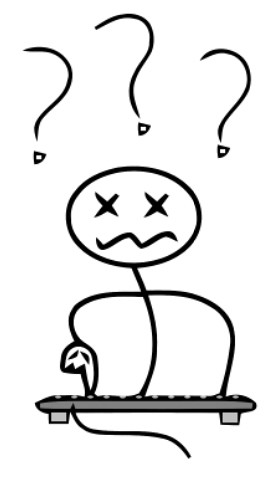In this week’s symposium, there was discussion about stories/narratives, as well as what it means for technology to neutral.
Adrian had asserted in the symposium that, I quote, ‘plots are a load of rubbish because they don’t happen in the real world’. However, I think I disagree with that. When we try to remember our own experiences from the past or recall the way something happened, it can be quite fragmented, might not follow a chronological order, and may have no cause and effect structure. If someone asks me to talk about a childhood story, I don’t necessarily do that in story form (if story = what happens chronologically, with cause followed by effect), so wouldn’t that mean that my recollection is more a plot than it is a story? Could we say that even though in the real world events naturally unfold chronologically, real people recall things in a disjointed manner, aka as plots?
On the topic of stories and narratives, it got me thinking of the different ways people can tell stories. For instance, traditional Chinese story-telling usually has one solo storyteller who would use their voice as well as music to deliver the narrative. Similarly, Japanese Rakugo is also done by a sole performer who is the narrator of the story, as well as the characters in it. The performer would change characters by a slight turn of the head and modification of the voice.
Moving away from stories, there was also discussion about neutrality. Adrian said ‘nothing is neutral, but nothing is coercive either’ and while I do understand and agree with the coercive part, I can’t say the same for the neutral part. To begin, I don’t even know what it means for something to be neutral or not neutral. In the reading, the gun example was used – ‘guns don’t kill people, people kill people’, to support them being neutral. But then later on, the article continued to say that guns were too strong/powerful to be considered neutral. If that’s the case, all other weapons should also be considered not neutral. How about weapons used by the defence force??
I think a gun is just a gun. The internet is just the internet. A phone is just a phone. What’s the struggle/conflict they’re involved in? What is there to be neutral about?

